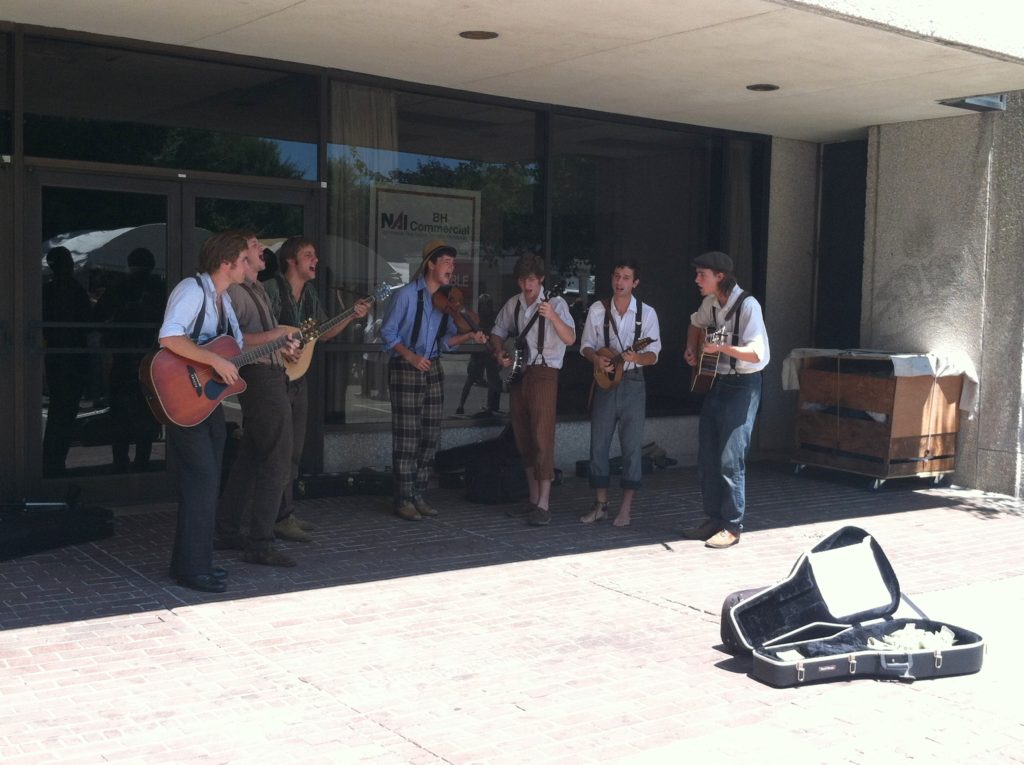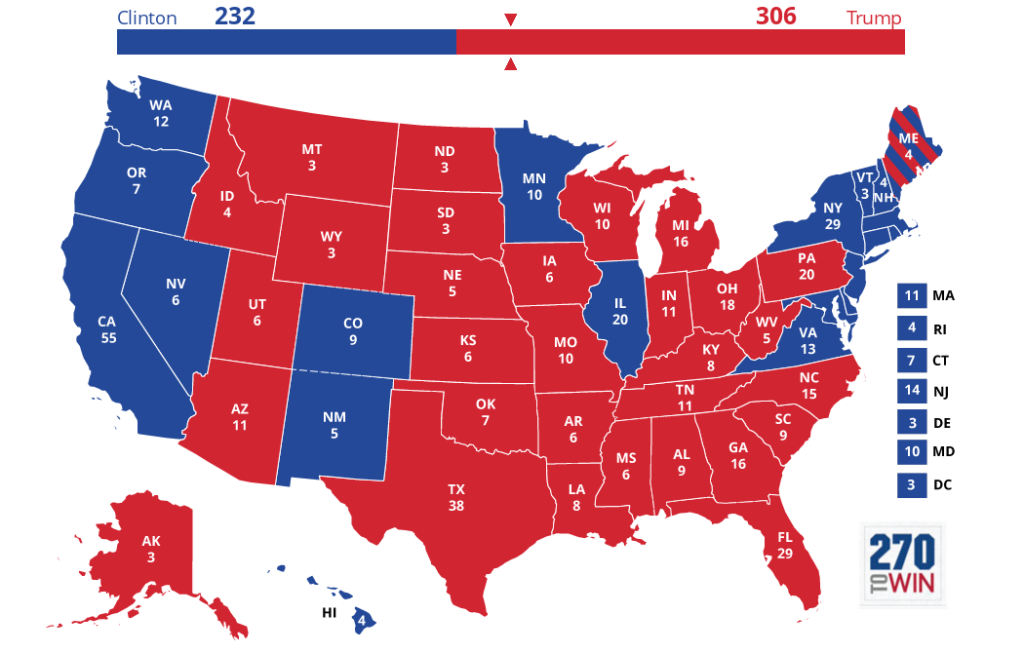
I’ve had this post formulated in my head for some time, especially since November, but a necessary prologue has been added. One question I field as a Southerner and expert on the region to people traveling here is about racism.
I’d usually answer that there are some “bad apples,” like anywhere, but for the most part, people in the South will be kind to you no matter your race, religion, or sexual preference. I was probably naive and privileged to think so, only living in “blue dots in red states” like Atlanta and Charleston. I had never witnessed blatant discrimination (or so I thought).
And last year, while on a press trip to Alabama, a fellow writer who had never been to the South before said she was afraid to come to the state because she was worried about the KKK. I first told her that she would be unlikely to meet a member, as they tend to keep to themselves. I also told her that they would have little concern with her as a white female.
This post contains affiliate links that can earn this website a small income. They will not cost you anything to use.

But after Charlottesville, white supremacists are now out in the open. They’re next to you on the bus. Serving you your dinner. Managing your finances. They live in the South as well as in traditionally liberal places like Berkeley and Boston.
However, the few don’t represent America or the South. Just like we say “don’t let the terrorists win” after attacks on Paris and Barcelona, you can’t let these people keep you from visiting these places.
After the election in the fall, I heard people comment on how they wouldn’t visit places because they were in a red state or a state that voted for 45. But there are so many reasons you should go. Keep in mind that I say this from a point of privilege and not everyone will have the same experiences.
Isolation is How 45 Happened
It’s the growing divide between these “red states” and “blue cities” that allowed the election results to happen in the first place. It was the vastly different experiences happening between corporate America and small, blue-collar towns whose jobs were being taken overseas.
Keeping to ourselves and surrounding only with like-minded individuals isn’t good for either side, only consuming news and commentary we agree with. It’s getting outside of your bubble that broadens your horizons, just like traveling overseas does. Read the work of rural authors.
It’s Important to See Beyond the Headlines
The electoral college doesn’t represent a whole state and you can’t paint one place with a broad brush. For example, when North Carolina’s legislators were proposing the transphobic “bathroom bill” that seemed to be a trend throughout the region, people in places like Asheville, a notoriously inclusive place, were outraged.
These policies are unfortunate and are affected in part by ridiculous gerrymandering, the drawing of district lines on racial and socioeconomic bases. Like with visiting “dangerous places,” you should see a place for yourself to truly understand it.
You’d Miss Out on America’s Most Beautiful Places
Click the map to create your own at 270toWin.com
Some people have said they wouldn’t travel to states based on the election results. Among the states that went in favor of 45 were pretty much all of the Southern states apart from Virginia, Western states like Utah and Arizona, most of the Midwest, and Alaska.
Can you imagine never seeing national parks like Zion, Denali, Glacier, or the Grand Canyon? Or soak up the history in San Antonio, Charleston, or Louisville? To miss the music and energy of Nashville, Miami, and New Orleans? You’d certainly be limiting yourself in terms of destinations in the United States.
You Might Be Surprised
These places are made up of all sorts of people who have had a wide range of experiences. It’s the Syrian immigrants residing in Nashville and the Korean-Americans in the suburbs of Atlanta. It’s the Native American tribes in Montana and the Gullah peoples of coastal Georgia and South Carolina.
In my travels, I’ve found that people are mostly good, even in parts of the world that have different beliefs than I do. More than likely, you’ll be welcomed with open arms.




Interesting discussion. In England we have a similar polarisation between Brexiteers and Remainers. Some Remainers say they wouldn’t want to stay in a place that voted for Brexit, but this decision will only serve to drive us further apart as a nation. Irrespective of political beliefs we have to try and understand each other and then racism and prejudice will hopefully begin to erode – as well as strict closed border policies.
Thanks for commenting, Shing! That’s something I hadn’t considered but makes sense!